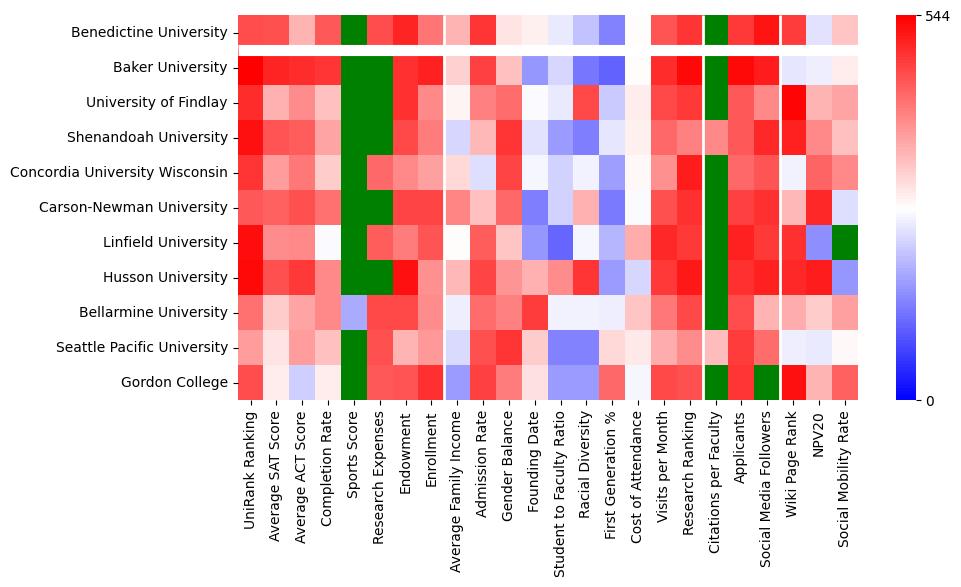Benedictine University, founded in 1887 by Benedictine monks, is a private Roman Catholic institution located in Lisle, Illinois, a suburb of Chicago. Originally established as St. Procopius College in Chicago, the university moved to its current campus in 1901. Over the years, the institution expanded its academic offerings and underwent several name changes, ultimately becoming Benedictine University in 1996. Today, it serves a diverse student body with a commitment to providing a values-centered education rooted in the Benedictine tradition, promoting the development of responsible citizens who care for the Earth and each other.
What sets Benedictine University apart is its dedication to integrating faith and reason, offering a holistic educational experience that emphasizes personal growth, academic excellence, and community involvement. The university's strong emphasis on service and social justice is reflected in its numerous volunteer opportunities and partnerships with local and global organizations. The campus environment fosters a supportive community, encouraging collaboration and engagement among students, faculty, and staff. Additionally, the university's proximity to Chicago provides students with access to a wealth of cultural, professional, and recreational opportunities.
Academically, Benedictine University is known for its robust programs in health sciences, business, and education. The university's College of Science is particularly renowned for its biology and nursing programs, both of which offer comprehensive curricula and hands-on learning experiences through labs and clinical placements. The business programs are well-regarded for their focus on ethics and leadership, preparing graduates for the complexities of the global market. Furthermore, the university's commitment to adult education and online learning has positioned it as a leader in offering flexible learning options for non-traditional students.
However, Benedictine University faces challenges typical of many private institutions, such as maintaining enrollment numbers and managing financial resources effectively. Some students have expressed concerns about the tuition costs, which can be high, although the university offers various scholarships and financial aid options to mitigate this issue. Additionally, while the university provides a welcoming and inclusive environment, the limited size of the campus can sometimes restrict the range of student activities and extracurricular options. Despite these challenges, Benedictine University continues to strive towards enhancing the student experience and expanding its academic and co-curricular offerings.



